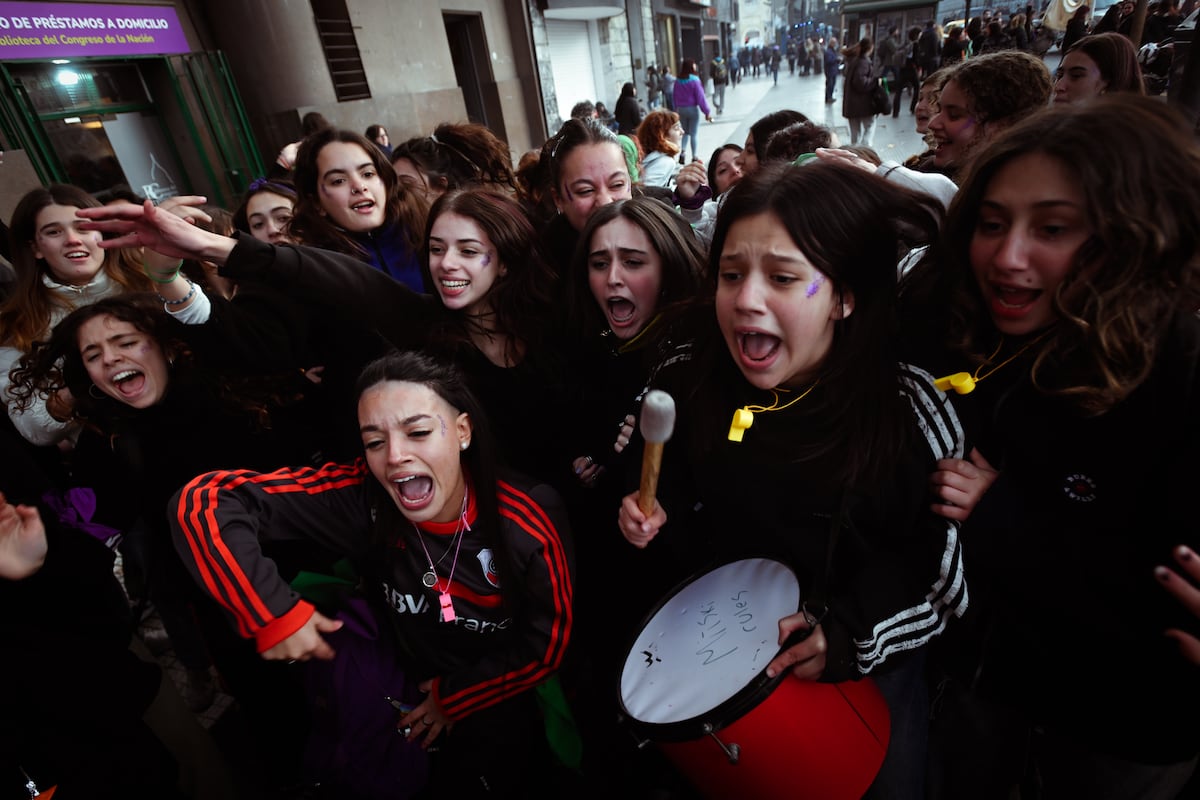The Enduring Crisis of Femicide in Argentina
Since 2015, every June 3rd, thousands of people take to the streets of Argentina shouting “Not One Less” to honor the victims of femicides and demand justice. This movement marked the awakening of a new feminist wave in the Latin American country, but over the years, it has lost some of its initial strength. Unlike the massive demonstration nine years ago, recent protests see fewer participants, yet the message against government policies remains strong.
The demonstrations primarily target the Government of Javier Milei, which has been criticized for openly attacking feminist movements, eliminating the gender perspective from the national administration, and defunding policies aimed at reducing gender inequality. Participants denounced the setbacks in recent months and the rise of hate speech against sexual diversities.
Despite substantial social mobilization, the rate of femicides persists. One such tragic case occurred this weekend when the body of Johana González was found in a lagoon in Resistencia, northern Argentina. She had been murdered, dismembered, and discarded in a bag. Similarly, Talía Abigail Aragón was found dead with stab wounds, and Anahí Robledo Yuvero was brutally killed with over twenty stab wounds, allegedly by her mother's ex-partner.
Government Response and Public Reaction
The current government condemns these crimes but denies that they are gender-based. “They kill women and they kill men,” stated pro-government deputy Lilia Lemoine during a television interview, attempting to discredit the Ni Una Menos movement.
The protests this year also focused on the brutal hate crime involving the triple murder of Pamela Cobbas, Roxana Figueroa, and Andrea Amarante, who were burned alive by a neighbor in Buenos Aires. Activists demand justice for them, accusing the government of fostering an environment of hate through its narrative and policies.
Calls for Societal and Cultural Change
Femicides are just one indicator of the broader spectrum of gender-based violence in Argentina, a country grappling with significant gender gaps. Advances in public policy are threatened, with women still shouldering twice as much domestic responsibility as men. Moreover, Argentina lags behind Latin America in terms of paternity leave, offering only two days per child. The situation is even more critical in single-parent households, where two out of three parents fail to pay child support on time.
Requests for cultural change to end gender-based disparities now clash with the government’s stance, which denies the existence of such inequalities. In a deeply divided society, the protests serve as a crucial reminder of the urgent need for justice and equality.
- Other organizations, NGOs, trade unions, and political figures joined the protest held in front of the Argentine Congress. A report by the Latin American Team for Gender Justice (Ela) highlighted that Milei's ultraliberal government has reduced funding for gender equality policies by 33%.
- Between January and May of this year, there have been 127 victims of femicide, translating to a woman being killed approximately every 35 hours. The Observatory on Femicides directed by the civil association 'La casa del encuentro' provided these alarming statistics.
- The demonstration also saw calls for justice concerning the 'lesbicide' that occurred weeks ago and the denunciation of the government's economic policies and dismissals, as well as opposition to the 'Basic Law' on deregulation and privatizations.






